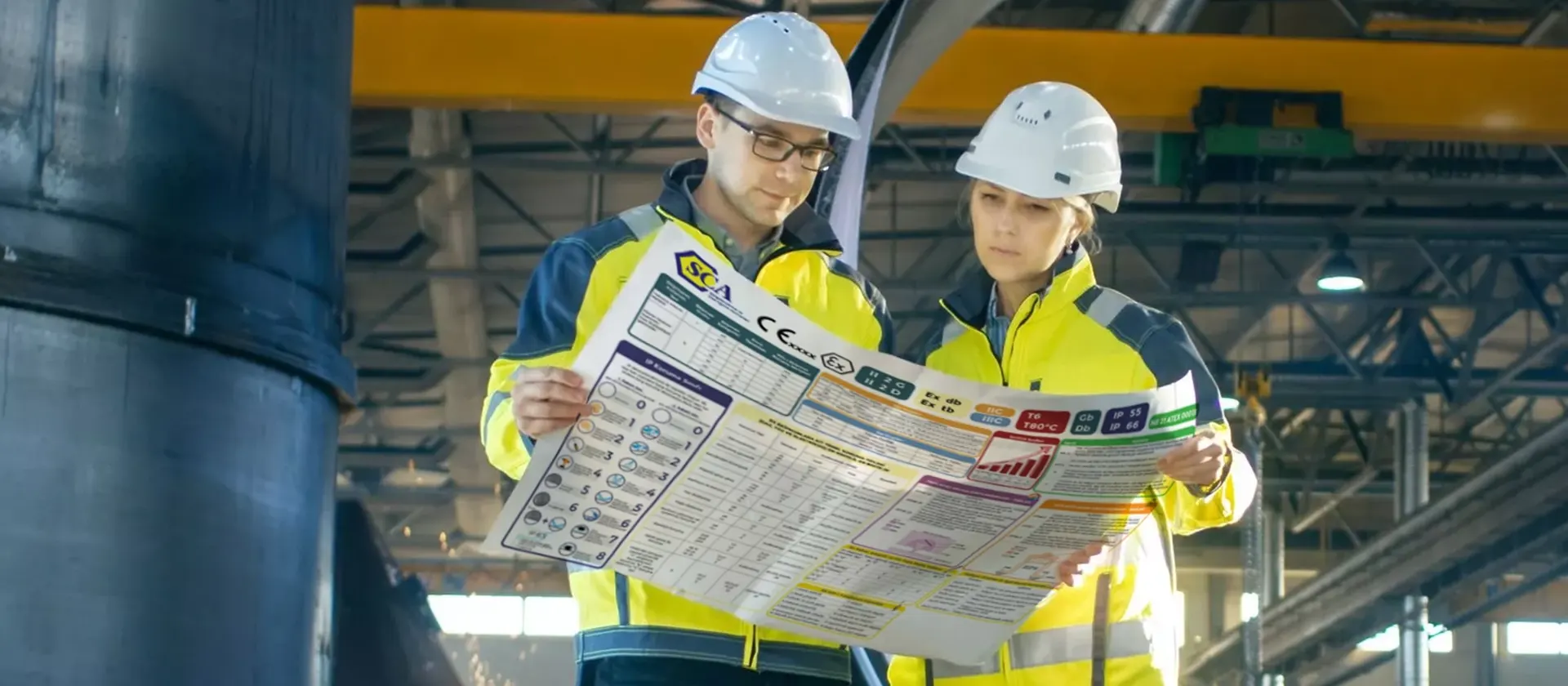ISO 9583 Testing of Magnesium Alloys for Certification
The ISO 9583 standard is a cornerstone in the metallurgical and material testing sector, particularly when it comes to ensuring the quality and reliability of magnesium alloys. Magnesium alloys are widely used in various industries due to their lightweight properties which enhance fuel efficiency and reduce emissions. This service focuses on the stringent testing procedures outlined by ISO 9583 that guarantee the certification of these materials meets international standards.
The process begins with a thorough review of the material's chemical composition, ensuring it aligns with the specified alloy specification. This involves detailed analysis of the elemental content and impurities to ensure they fall within acceptable ranges. Once this is confirmed, mechanical testing follows, which includes tensile strength tests, hardness measurements, and elongation assessments.
The environmental conditions during these tests are critical as even slight deviations can lead to erroneous results. We use controlled environments that mimic real-world operating conditions to provide accurate data. The precision of our equipment allows us to detect minute differences in properties, making ISO 9583 a robust choice for certification purposes.
Our comprehensive approach ensures compliance with the latest international standards such as ISO 9583, which is regularly updated to reflect advancements in technology and industry requirements. Compliance officers and quality managers rely on us to provide reliable data that supports their decision-making processes regarding material selection and supplier evaluation.
For R&D engineers working on new alloy formulations or modifications, this service provides critical insights into the performance of their materials under various conditions. The testing not only ensures regulatory compliance but also aids in refining production processes to meet high-quality standards. Procurement teams benefit from our expertise as it helps them source reliable and consistent supplies that pass stringent quality checks.
The results from these tests are detailed reports that include all relevant data points, including those obtained during the mechanical testing phase. These reports serve multiple purposes; they act as a reference for future projects, provide evidence of compliance, and support claims made in marketing materials or technical documents.
Applied Standards
| Standard Number | Description | Date Adopted |
|---|---|---|
| ISO 9583:2017 | Test methods for tensile properties of wrought magnesium alloys | March 2017 |
| ASTM E8:2018 | Tensile testing of metals and alloys | September 2018 |
The application of these standards ensures that the testing procedure adheres to internationally recognized benchmarks. The use of ISO 9583 specifically for magnesium alloys guarantees that the tests performed are both comprehensive and comparable across different laboratories.
Scope and Methodology
| Test Parameters | Description |
|---|---|
| Tensile Strength | Determines the maximum stress a material can withstand before breaking. |
| Hardness | Metric of how resistant a material is to indentation from a hard object. |
| Elongation | Measure of the percentage increase in length of a specimen during tensile testing. |
| Chemical Composition Analysis | Detailed analysis of elemental content and impurities. |
The methodology involves several steps, starting with sample preparation which includes cleaning the specimens to ensure they are free from contaminants. Once prepared, the samples undergo mechanical testing using specialized equipment calibrated according to ISO standards.
After acquiring raw data through these tests, our team of experienced metallurgists and material scientists interpret the results. They compare them against specified acceptance criteria outlined in ISO 9583 to determine if the alloy meets certification requirements. Any discrepancies are addressed by retesting or adjusting production processes as needed.
Environmental and Sustainability Contributions
- Reduces waste through precise testing which ensures only compliant materials enter the supply chain.
- Promotes recycling by providing data that supports better material recovery practices.
- Contributes to reduced carbon footprint as certified magnesium alloys contribute to more efficient products in automotive and aerospace sectors.
- The use of advanced testing equipment minimizes energy consumption per test conducted, contributing to lower operational costs and environmental impact.
- The detailed reports generated from these tests help manufacturers make informed decisions that reduce material wastage during production processes.
ISO 9583 certification not only ensures compliance with international standards but also plays a crucial role in promoting sustainable practices within the metallurgical industry. By adhering to stringent testing protocols, we contribute positively towards environmental conservation efforts and support the development of greener technologies.





